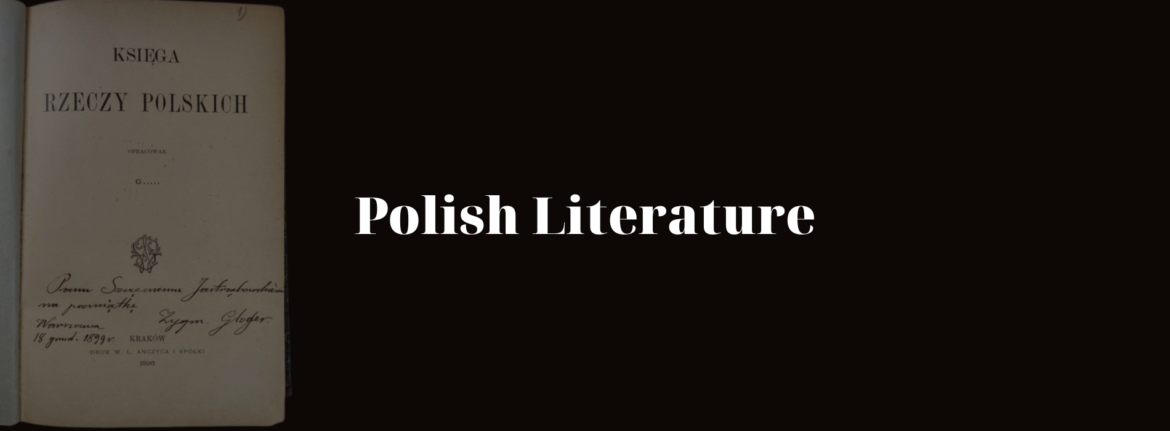Polish literature is a vibrant and diverse field, reflecting the nation’s history, culture, and spirit. It has been written in the Polish language, but other languages used in Poland over the centuries have also contributed to Polish literary traditions, including Latin, Yiddish, Lithuanian, Russian, German, and Esperanto.
Early Beginnings and the Influence of Romanticism
Polish literature’s roots can be traced back to the Middle Ages, with the first recorded sentence in the Polish language appearing in the 13th century. The Renaissance period saw the Polish language accepted on an equal footing with Latin, and many foreign poets and writers settled in Poland, bringing with them new literary trends.
The Romantic period in Poland was unique in that it was largely a movement for independence against foreign occupation. It expressed the ideals and the traditional way of life of the Polish people. The most famous writers of the period were Adam Mickiewicz, Seweryn Goszczyński, Tomasz Zan, and Maurycy Mochnacki.
The Enlightenment and Positivism
The period of Polish Enlightenment began in the 1730s–40s and peaked in the second half of the 18th century. It saw the rise of writers like Ignacy Krasicki and Jan Potocki. The Positivist period that followed advocated skepticism and the exercise of reason, with writers working to educate the public about constructive patriotism.
Modernism and Beyond
The modernist period, known as the Young Poland movement, began around 1890 and concluded with Poland’s return to independence in 1918. This period was characterized by a strong aesthetic opposition to the ideals of its predecessor and the propagation of the ideals of independence. The literature of the Second Polish Republic (1918–1939) was marked by rapid development in the field of poetry and the introduction of new ideas.
Nobel Laureates
Poland has been home to several Nobel laureates in literature, including Henryk Sienkiewicz, Władysław Reymont, Isaac Bashevis Singer, Czesław Miłosz, Wisława Szymborska, and Olga Tokarczuk. Their works have been recognized for their depth, creativity, and contribution to literature.
Conclusion
Polish literature is a rich tapestry of expression, reflecting the nation’s history, culture, and spirit. From its early beginnings to the present day, it has produced a wealth of works that have contributed significantly to the global literary landscape. Whether it’s the romanticism of Mickiewicz, the enlightenment ideas of Krasicki, or the modernist perspectives of the Young Poland movement, Polish literature offers a fascinating exploration of a nation’s soul.
